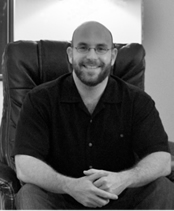Electric shock therapy for food cravings?
Electro-shock therapy (ECT) may decrease impulses to eat. or food carvings, according to a recent study at Sanford University.
Is ECT still used. Yes, in fact Sarasota Memorial Hospital in Sarasota, FL provides ECT several times a week for patients suffering from Depression and Anxiety to name a few. Modern ECT is nothing like it once was and many patient seem to find it helpful in addressing treatment resistant depression, anxiety, or to provide treatment when psychotropic medication is not appropriate.
The recent suggests and found a potential that ECT can manage compulsive eating behaviors. In this study scientists looked at how human and mice brains respond just before being given opportunity to eat fat-rich food. The researchers then used the information, about how the brain responds, to suggest an understanding about what is going on just prior to the impulse to eat. This information, in turn, is used to find what areas of the brain may benefit from a disruption that would interfere with the impulse to eat.
The researchers discuss impulses as being a critical piece of human survival. They go on to state, that at times, these impulses can be problematic and interfere with people living their lives as they would most desire. Frequently these impulses center around concentration to obtain food, sex, sleep, or defend against rivals. Many times there can be problems with compulsive behaviors around these areas that we label as addiction. this is new research without many related studies however it is an interesting concept and may be promisingin the treatment of addiction

